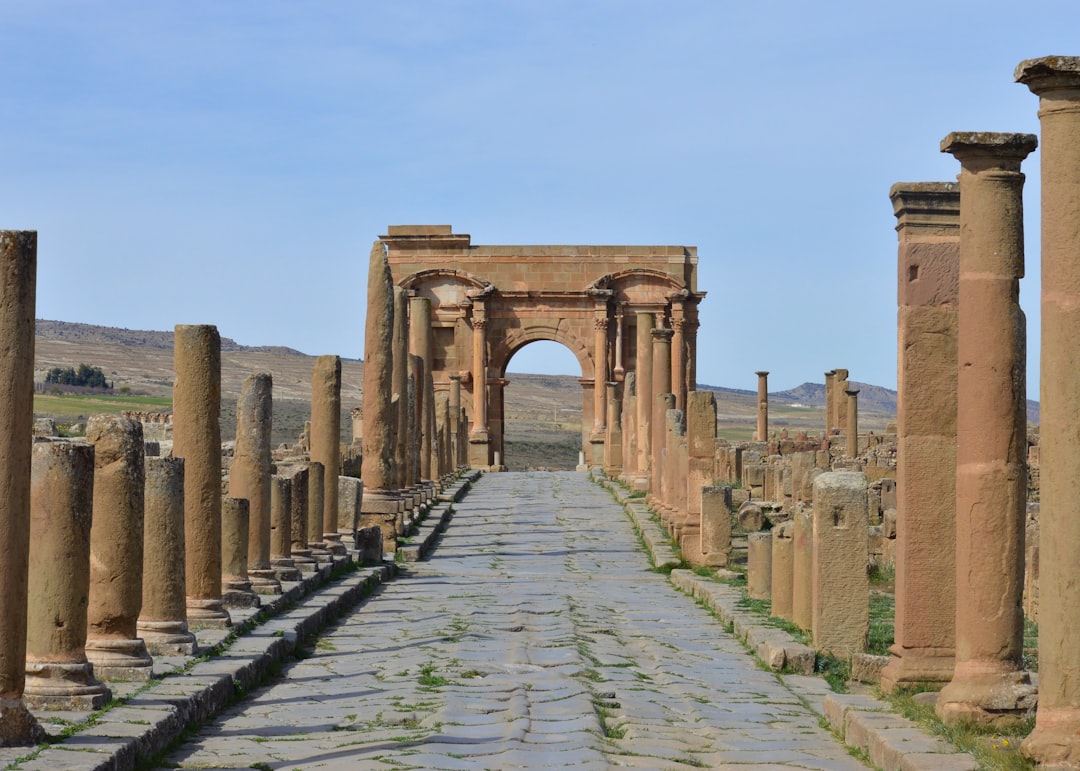
It happened in an instant. I’d read the last page of The Crusades Through Arab Eyes, (Amin Maalouf) closed the book, and saw this kid running through ancient streets. Who was he?
The fact of real people living their lives through cataclysmic events overwhelmed me. How do they do it? How did they do it? Who were they?
It has long baffled me that, amid upheaval, famine, war, and illness, people go on. They cope. They live their lives. Somehow. Not everyone. But whether the British during the Blitz or a nameless dancing boy escaped from a sinking ship, people adjust and do what life requires, carrying the scars but forging through.
I was compelled to examine this resilience; to imagine their stories. My thoughts flashed to the times and places that fascinate me most—Late Antique Syria and points further east—and I knew there were tales to tell.
That was in 1993. And I wasn’t going to be a writer. My mom was the writer. I was a painter and a dozen other things, but not a writer.
My life moved on. From time to time, I thought about that kid who wouldn’t completely go away. I now knew who he was and what he was doing, but I was busy. I left London for the US, got married, then left the US for Indonesia. While on a much-needed vacation in the Cameron Highlands of Malaysia, a plot spun out before me over the course of three days. But I still thought I’d never really write it. I was, however, compiling reference materials as I could. At that time, the resources were few and expensive. I had to request an out-of-print Amazon search (yes; they did that back then) for The Early Islamic Conquests by Fred Donner. Two years later, I received a notice that they had found it. I paid $80.00 for that used copy in 2001.
Life carried on. I returned to the US in 2002, ran a decorative painting/murals business for eight years, and designed scenery and lighting for several professional theatre companies (a second pass at that vocation.) In 2010, we moved to Florida where I started yet another career—this time in a cubical.
In 2012, my work schedule became so crazy that my only possible creative time was in the wee hours of the morning. I wasn’t going to make it to my downtown art studio at 5 am, so I decided, okay, time to write. The project was finally underway. It was to be the only one. Just this one. Little did I know. Once on that path, I found must-tell stories on every page of research.
What strikes me so many years later is how difficult it would have been to write any of my planned stories back in the early 1990s. There was no World Wide Web. Certainly no Google. And, few of my primary reference books had been published in 1993. Most were written much later. If I could have learned to read Arabic, Greek, Latin, and Aramaic, I might have had a chance. So, although it took me a long time to get started, it was just as well.
Now, another decade on, this WIP, where Alex races through the streets of Roman Damascus, is starting to look like a novel. God willing, you will meet him someday soon.
Are you writing historical fiction? If so, what lured you into this challenging genre? What times and places set your obsessive impulses firing? Could you have tackled your current projects in the pre-internet world?
If not a writer of HF, are you a reader? What draws you to this genre? Do you have an out-of-the-way time or place that you wish to find in fiction? Somewhere off the beaten path, yet worthy of attention? I would love to know!




It's curious—I don't think of myself as a historical fiction writer, just a writer drawn to a period of history for my current novel-in-progress.
I'm writing a novel about environmental conservation and American questions of meaning set between 1971-77, in part because the 1970s were the decade where the modern environmental movement accelerated at the same time that the moral certainties of the previous decade fell away. That was the potent combination for a fertile starting place, but then I began researching and found that the interviews, documents, and histories only deepened the inspiration. (Just ask me about bear sanctuaries, honestly.)
To come back to your original question of historical fiction, I'm writing a novel set in the 1970s because the 1970s are evocative, both on the decade's own terms and mine.
These days, I find myself writing a lot about history. Like you, I fancied myself a painter in the 1990s (that was my major in college!), and like you, my interest in history sparked a deeper interest in writing later on. It was not overnight, but I've definitely been writing regularly since then.